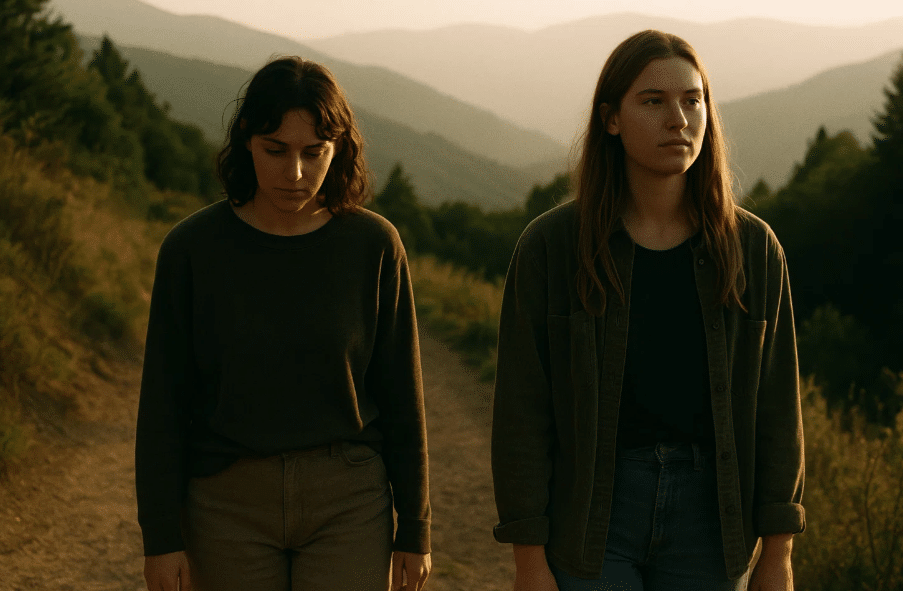If you want to learn how to build better friendships, The Courage to Be Disliked might be the last book you expect to help.
It’s framed like a conversation between a philosopher and a skeptical student, but underneath it is Alfred Adler’s psychology — and that’s exactly what makes it powerful.
Most of us try to earn friendship by being useful, agreeable, or emotionally available.
But Adler flips that. Real connection is not about pleasing people or fixing them. It’s about standing side by side, with no one above or below.
The Need to Be Liked Is Killing Real Friendships
In The Courage to Be Disliked, one of the core ideas is that living to be liked by others is a form of self-betrayal. The same thing applies to friendships.
If you’re constantly editing yourself to seem more fun, more nice, more helpful — you’re not connecting, you’re performing.
Friendship built on performance becomes exhausting. You feel like you always have to bring something to the table or keep people entertained.
And the moment you show up tired, quiet, or just not at your best, you start fearing they’ll leave.
That’s not a friendship. That’s a stage.
Equality Is the Foundation
Adler’s psychology is all about horizontal relationships. That means no one is trying to fix the other. No one is seeking approval. You meet as equals.
When a friendship starts feeling like a job — when one person is always the helper and the other is always the helped — it becomes vertical.
Someone is above. Someone is below. Resentment builds. Trust fades.
If you want to know how to build better friendships, the first step is letting go of the urge to manage the other person’s feelings.
You are not responsible for their happiness. You are responsible for being honest, present, and equal.
You Do Not Owe People Your Personality
One of the most liberating lines in The Courage to Be Disliked is this: you do not live to satisfy the expectations of others.
That includes your friends.
If you’re showing up just to be the funny one, the therapist, the one who always says yes — stop. That version of friendship will collapse the moment you stop performing.
Good friends do not need you to be useful. They just want you to be real.
This Is What Real Friendship Looks Like
-
You can cancel without guilt
-
You can disagree without tension
-
You can be quiet together
-
You do not owe them a version of yourself
-
You care, but you do not control
-
You support, but you do not rescue
This isn’t cold. It’s clear. It’s healthy. It’s what Adler meant when he said that living well means living in community, not codependency.
The moment you stop needing to be liked, your friendships get lighter, deeper, and way more real.
Read more – How To Build Strong Friendships Through Outdoor Adventures















